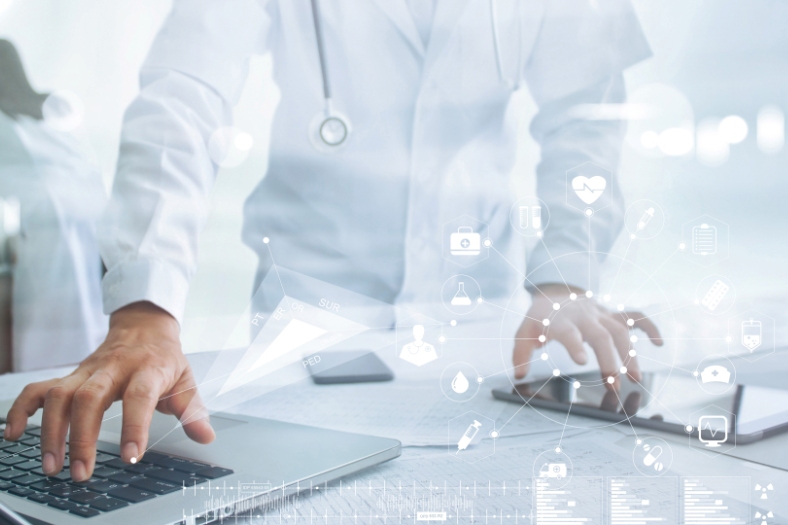Bioequivalence studies in Russia

Currently, The decision No. 85 of 03.11.2016 of the Eurasian economic Commission applies to the rules and methods of bioequivalence research in the Russian Federation.
In accordance with this decision:
- the purpose of conducting bioequivalence studies is to prove the quality equivalence of a reproducible (hybrid) drug to a reference drug in order to extrapolate the results of preclinical trials and clinical studies conducted in relation to a reference drug to a reproduced (hybrid) drug.
- Two drugs containing the same amount of active substance are considered bioequivalent if they are pharmaceutically equivalent or pharmaceutically alternative and their bioavailability (in terms of speed and degree) after application in the same molar dose falls within the pre-established permissible limits. These limits are set to ensure the comparability of the biopharmaceutical properties of the dosage form in which the drugs are produced in vivo (that is, their comparability in efficiency and safety).
- the basis for research on bioequivalence and bioavailability of most drugs is to determine the relative bioavailability.
- the Relative bioavailability of an active substance in a particular dosage form is determined by comparing it with the bioavailability of another dosage form administered by the same or different (but not intravenous) route (for example, a tablet versus an oral solution).
Medical Development Agency conducts bioequivalence studies in strict accordance with the principles and rules of Good Clinical Practice (GCP), the regulatory framework of the Russian Federation and in accordance with the requirements of the EEC. Our specialists ensure high-quality and timely conduct of all stages of research.
The study of bioequivalence takes place in several main stages:
1. Creating a package of documents for conducting a clinical trial, submitting and receiving approval from the Ministry of health of the Russian Federation for conducting a clinical trial
to conduct bioequivalence studies, as well as any other interventional clinical study, it is necessary to obtain the approval of the Ministry of health of the Russian Federation and the ethics Council.
2. Clinical stage
After receiving the approval of the Ministry of health of the Russian Federation, as well as LEK in licensed and accredited clinical centers, the clinical stage is carried out in accordance with the approved Protocol, including the selection of a group of volunteers who meet the criteria /non-inclusion.
3. pharmacokinetics study Stage
< p>in specialized pharmacokinetic laboratories, the bioanalytic stage is taking place, including the development and validation of a method for determining the studied substance in a biomaterial.4. Creating a Final report on the results of the study
when forming a report on the results of the study, statistical processing of data on the concentrations of the studied substance in volunteers after taking the test drug/ comparison drug is performed, on the basis of which their bioequivalence is evaluated and a final report is formed for submission to regulatory authorities.
Our specialists have extensive experience in conducting bioequivalence studies and take into account all the necessary features and nuances that help to conduct this study efficiently and on time. AOKI
according To the Association of clinical research organizers (AOKI), our company ranks third among the CRO most actively involved in local and bioequivalence research in 2018.

